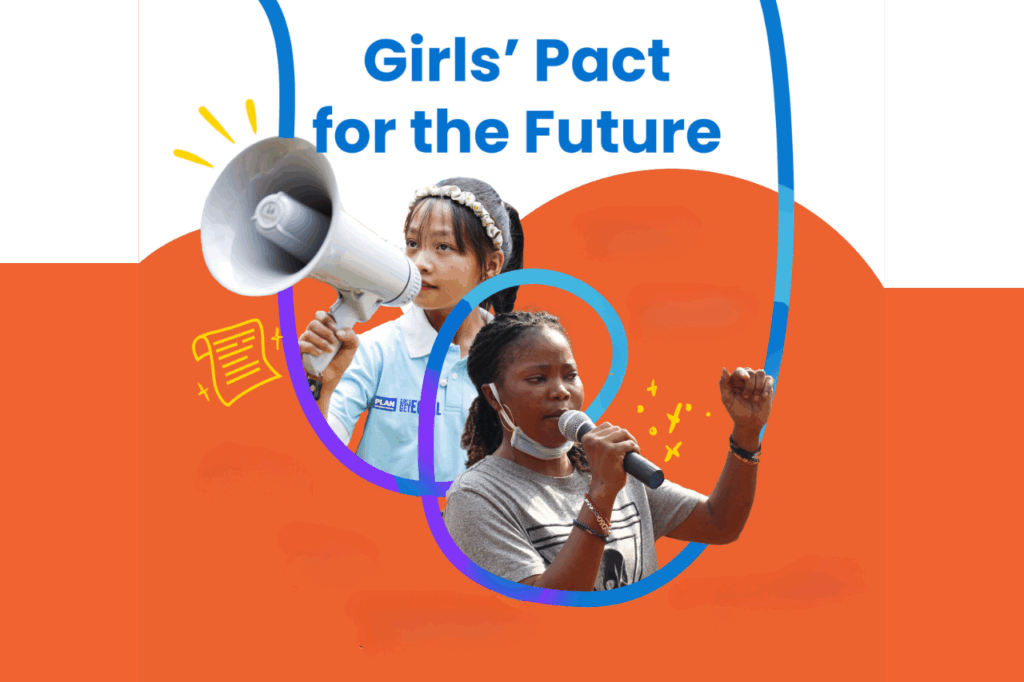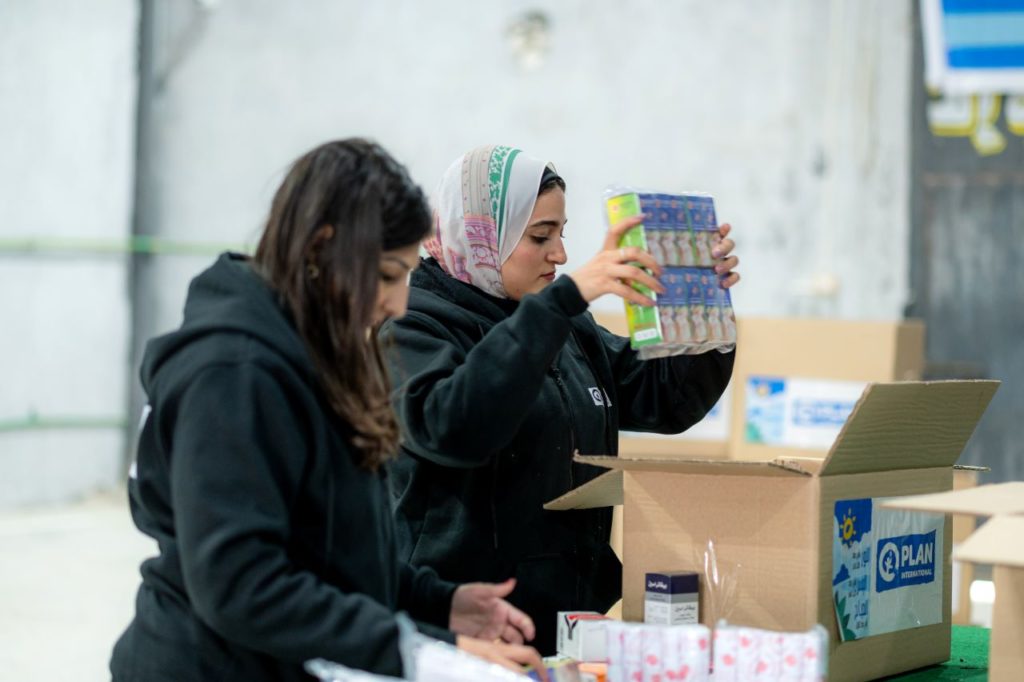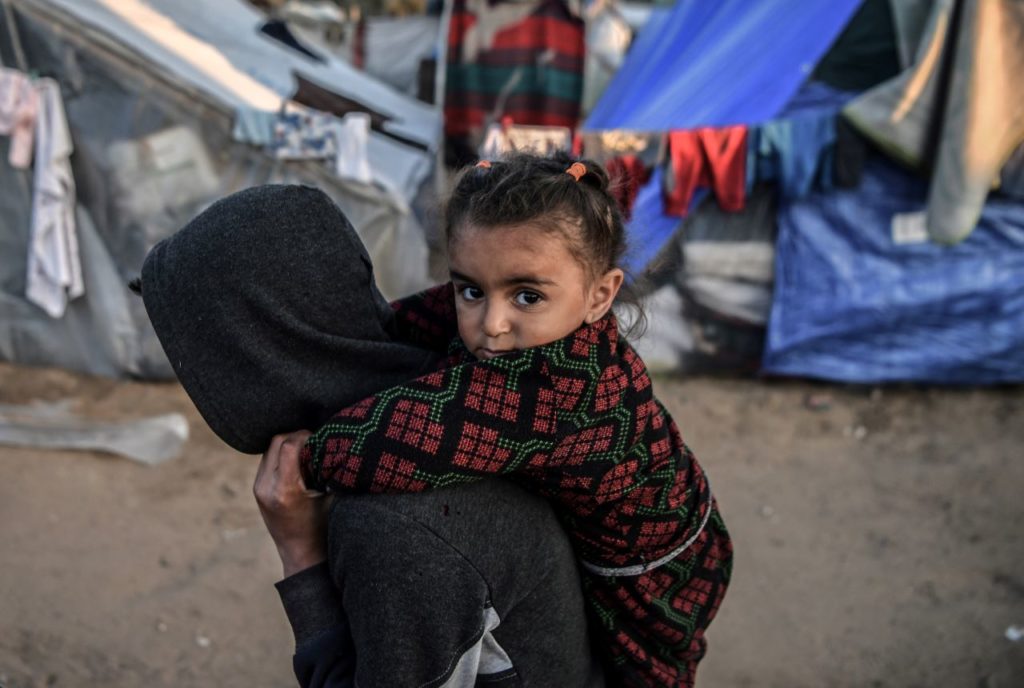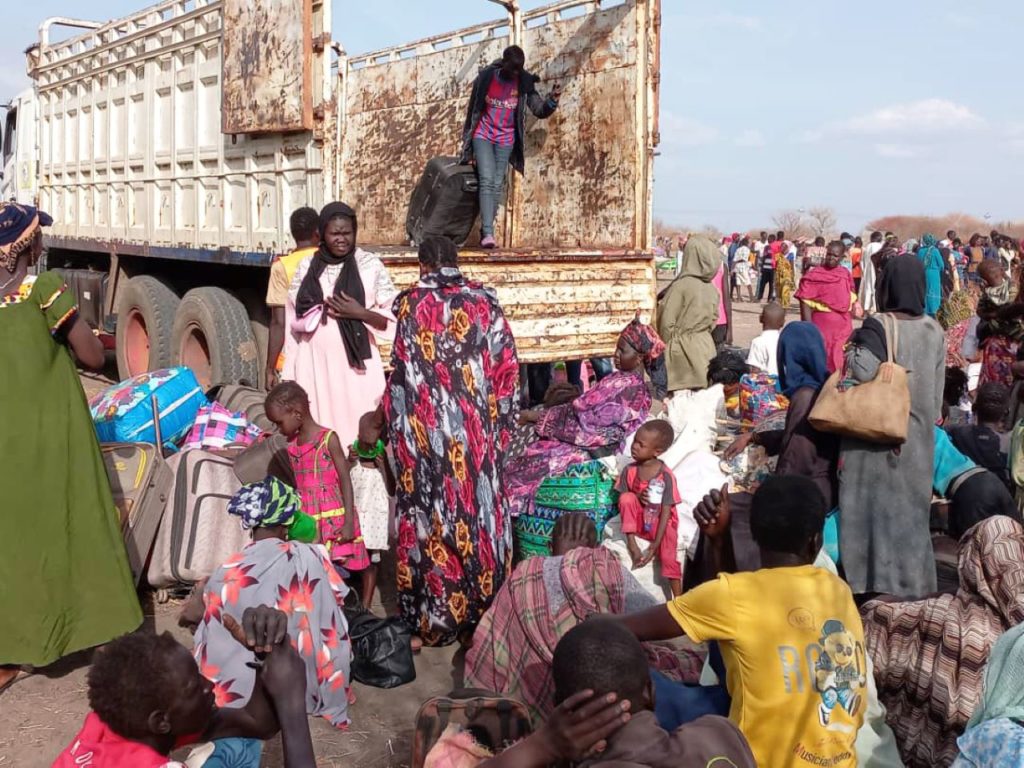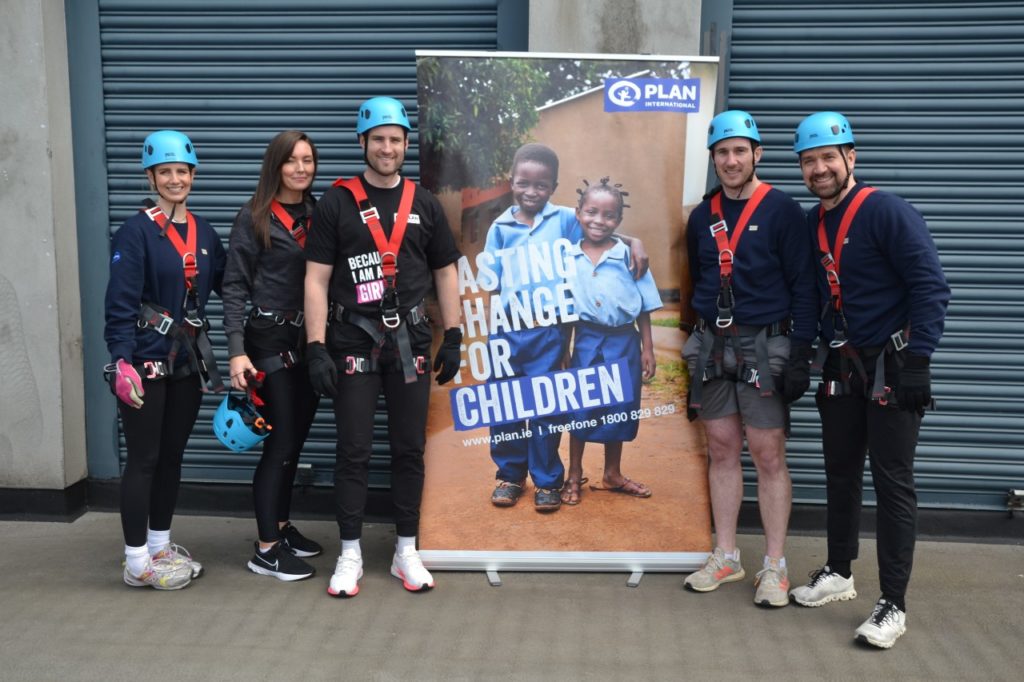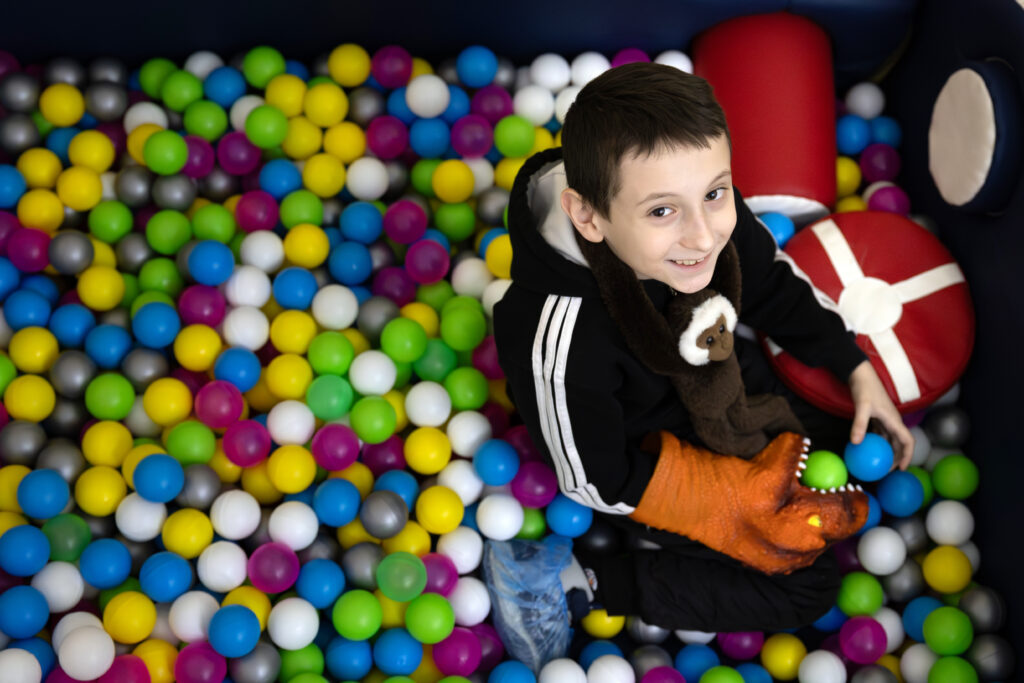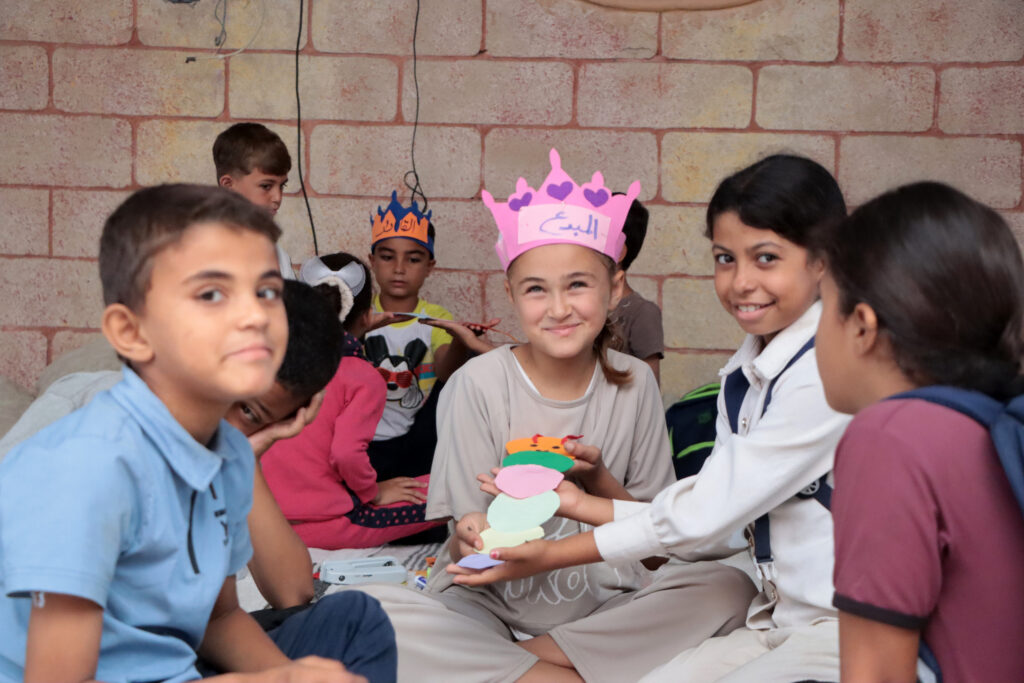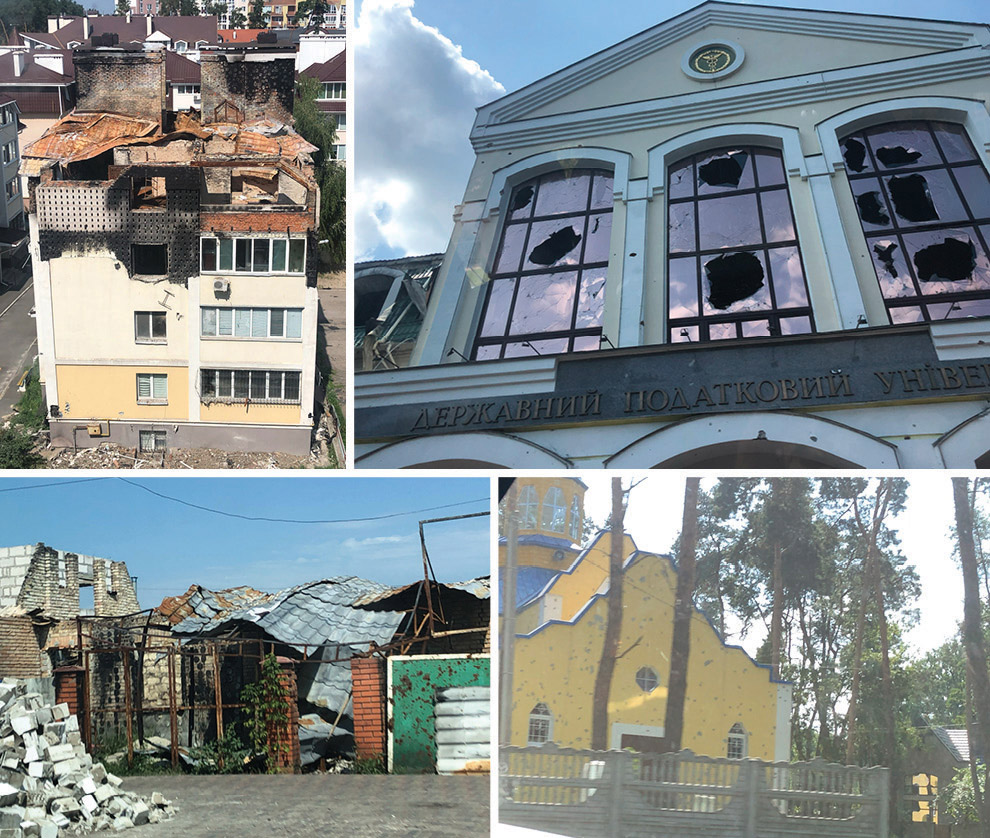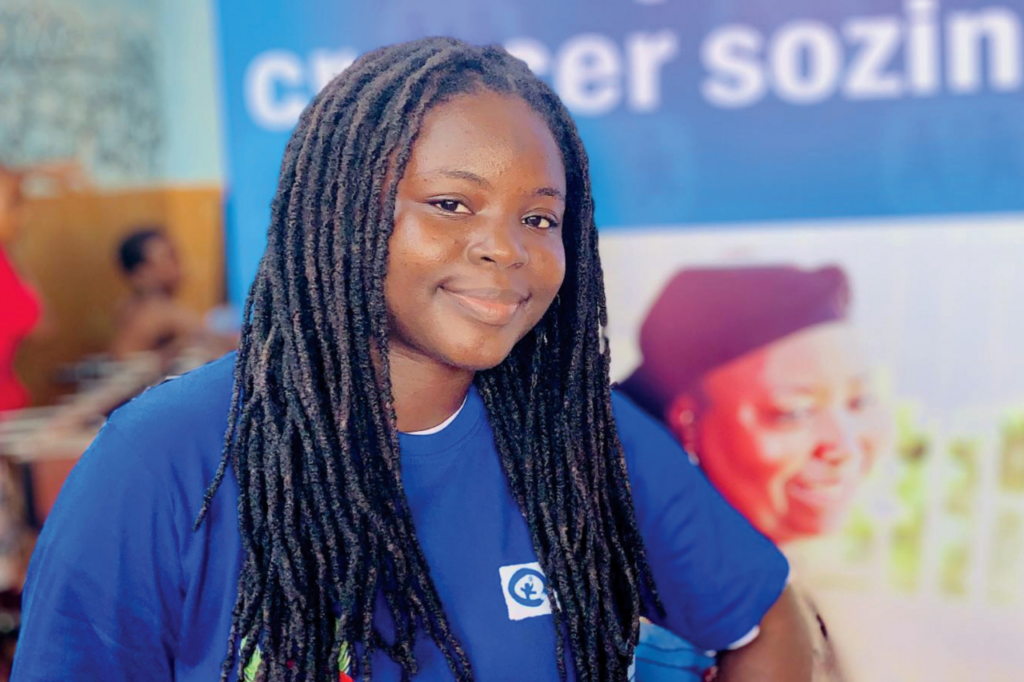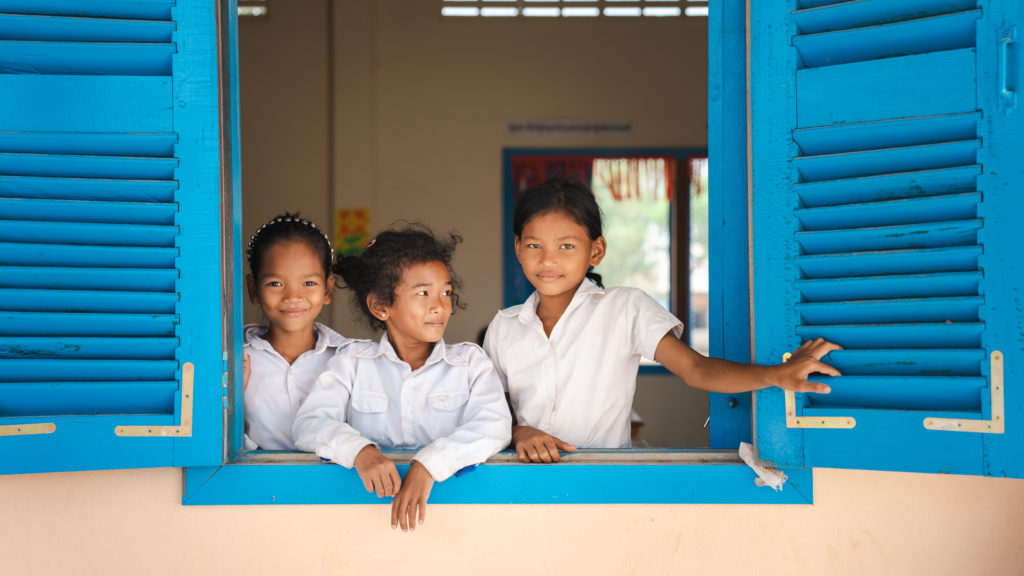The ongoing crisis in Ukraine is having a significant psychological impact on children and families.
Thousands of children have spent nearly a month hiding in bomb shelters, basements, metro stations and other underground areas while millions more have had to flee to neighbouring countries, leaving behind everything they knew and loved.
In Moldova, Plan International is working with the National Centre for Preventing Child Abuse (CNPAC) to provide child protection, mental health and psychosocial support and legal services to newly arrived Ukrainian families. We have established mobile units comprised of psychologists, educators and social workers who are assigned to two reception centres in the north and south of Moldova.

“We see a lot of Ukrainian children arriving with their caregivers, especially their mothers, and most of them have gone through traumatic experiences, arriving in distress after days of attempts to reach the border and cross safely in Moldova. When they arrive from Ukraine, there are many risks that children face. Especially given the uncertainty in the countries where they arrive,” says Micol Alberizzi, Child Protection in Emergencies Advisor.
“Providing support to children, especially psychosocial support and mental health activities is the priority at the moment. At Plan International, we are trying to intervene immediately and are already active with our mobile units that providing activities and play-based therapy for the children and their caregivers alike.”
Our agile teams identify the different needs at the two centres each day to make sure that we can reach the most vulnerable children. We are also supporting their caregivers, because we know that many mothers are travelling alone, and are often in distress themselves.
“They themselves have experienced distressing events and so we acknowledge their important role in supporting their children and being able to cope with their own stress to better support their children,” explains Micol.
Working to Heal the Trauma of War
Marina is one of psychologists who is part of the mobile unit. Having fled from Kharkiv in Ukraine, she has first-hand experience of the war. “We offer a wide range of services. We do fairy tale therapy, singing, drawing, and modelling with the materials that we have. Singing is especially useful, because children can detach themselves from where they are and what they have gone through. The same goes for the parents. This kind of support is what they need at the moment.”

As children look to adults for protection and understanding about what’s happening to them, in times of crisis, they often become reluctant to leave their parents side, as that is their one constant source of security.
“A lot of kids feel like they have to be very close to the adult. They sometime want to sit on their laps just to be close and to be hugged. And some kids say their hearing has started to decline. At the moment, we don’t know what this is related to, but it could be the children’s own perception, because their focus is not there, and they have a hard time concentration on some things,” Marina explains.
“They lose attention very quickly, but after a few sessions with them, it improves since they are still children and once you act, you can improve the situation very quickly.”
Viorica is also working as a psychologist for the mobile unit. She tells us that she has seen many children who are suffering from emotional trauma, but the memory of one little boy stands out. “A three-year-old boy heard the sound of a drill, which is just the simple sound of a repair instrument, and he was completely hysterical, because he had an experience with a bomb that exploded in front of him when he was on his way home from kindergarten in Ukraine.”
“He immediately started screaming and looking for his mother who wasn’t around at that moment. He was always trying to be with his mother because he didn’t feel safe anywhere else. His mother also felt the need to be with him all the time, because she was scared for him. This is one of the examples of this kind of trauma.”
By engaging the children at the reception centres in different activities such as drawing and playing different games, we are able to help them adapt to their new circumstances and to cope with any stress and worry they may feel. We also focus on physical activities such as outside games, sports and running to help them clear their minds and expend their energy.
The psychological support provided by the mobile unit is not only helping people cope with mental strain, but will help prevent later post-traumatic symptoms. “We have a lot of people coming through here, who use this place as a transit point. They are looking for basic needs, a little bit of rest, sense of safeness and food. But after a couple of days, a lot of people feel the need to talk to someone once they have accepted their situation,” Viorica tells us.
